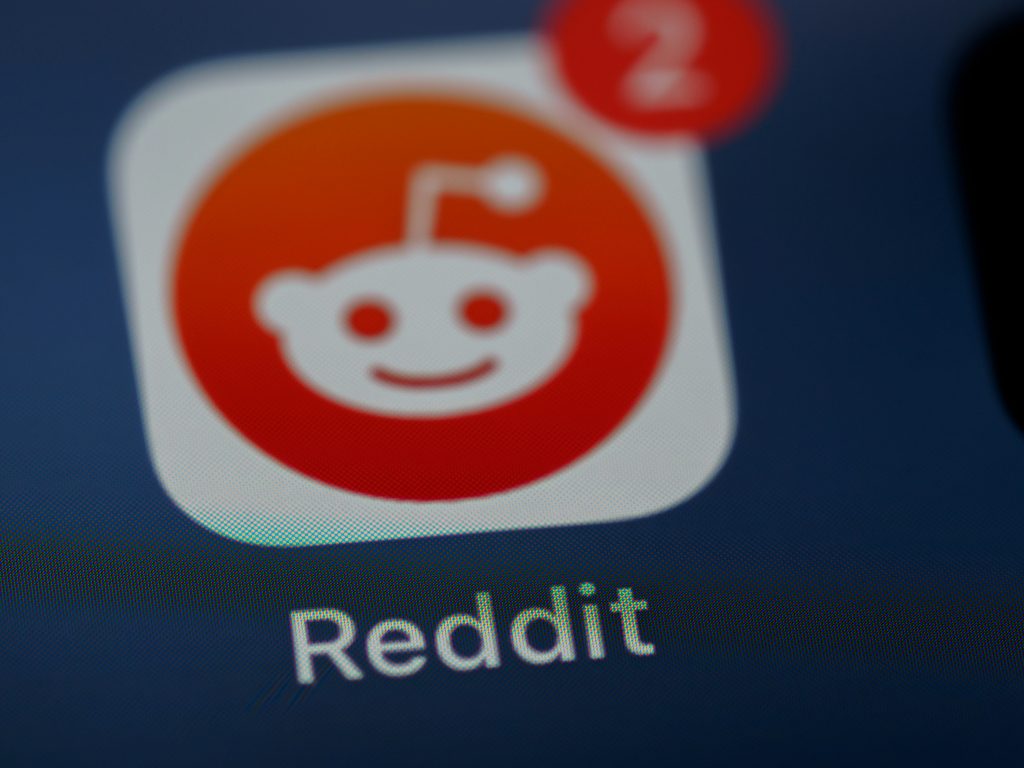Facebook is 20 years old. Feel old yet? I suppose that depends on whether you still actively use Facebook or not… I digress. The social network that has since dominated the globe has two decades of history under its belt and during that time has managed to influence a lot of what we now do online, but before we jump into that, let’s go to the beginning.
Fear of missing out
If there’s one thing that Facebook influenced, especially when it comes to new platforms on the Internet, it is the FOMO we get for not being on those platforms. Way back when, Thefacebook (as it was known) was only available to Harvard students but as other universities caught wind, they wanted access too, from here more and more people heard of this new social network, and in 2006 it was open to the public.
Although Facebook wasn’t to acquire Instagram until 2012, it certainly helped kickstart a wave of influencers across the globe, and ever since users have been flocking to any and all new social media platforms to hope to capture that lightning in the bottle and become the most popular person on said platform.
Your data? My data!
Over the next few years Facebook amassed billions of users each of which happily shared personal information not only on their timelines but to Facebook itself. This of course came to light with the whole Cambridge Analytica scandal (and several other fines they’ve received due to mishandling data), but did it really change anything?
Kind of! If there’s one thing Facebook has helped change in regards to our data is the understanding that, for the most part, users are happy to hand it over and have it used for advertisements. Whether that’s likes or dislikes, affinities to certain brands or political parties, or sharing years of (mostly publicly available) images to their friends, and friends of friends, and friends of friends of friends (and so on).
Fake news!
As Facebook grew over the years, so did its users. And while Facebook is far less popular with younger audiences, its older, less tech-savvy users are holding up the fort pretty well. With that, came a swathe of copy/paste statuses, junk websites, and poor-quality “news” sites being shared across the globe with little-to-no fact-checking.
Fortunately for most, fake news has been something we’ve been wary of online, particularly as sites like The Onion and NewsThump gained popularity with their obvious satirical writing that often gets taken as gospel. Facebook definitely kicked things up a notch, especially as we started to see family members spewing obviously erroneous “facts” across their feeds.
No Aunt Sally, the spray painting markings on the sidewalk are for the utility company, not dog nappers…
A taste of business
Facebook, even to this day, can be seen as a gateway or a stepping stone into becoming an entrepreneur and networking with other like-minded people. We’ve all been offered some multivitamins or cosmetics from someone we’ve hardly spoken to since school at some point, right?
While I am poking a bit of fun at Multi Level Marketing schemes, on a serious note Facebook and Instagram have legitimately helped small businesses become bigger businesses through their various features, whether that’s the hundreds of Facebook groups offering sound advice, finding customers through advertisements, or being able to build a brand on Instagram.
Into the Metaverse!
Following its name change in 2021, Meta Inc. also introduced to us the Metaverse, an all-encompassing word that essentially describes virtual words in which users can interact with other users.
Initially linked to virtual reality, specifically the Oculus headset (a company Facebook/Meta acquired in 2014), the term has since been used to describe experiences in any digital world including games such as Roblox, Fortnite, VRChat, and even World of Warcraft.
Shared in Manchester, hun.
One final thing Facebook has changed over the years is how people come together to help find missing pets or people. No other social media platform does quite a stellar job of spreading news about a missing cat in Bristol than Facebook. Users from across the globe are able to share posts to their wider network, even if there’s zero chance little Mittens has found its way to the middle-east someone will likely share and add where they’ve shared the post in the comments.
The Internet, there’s no place like it.





